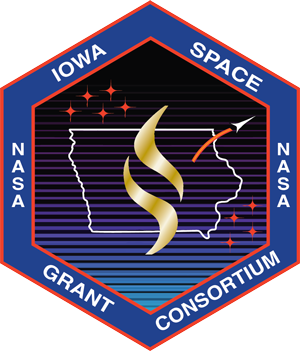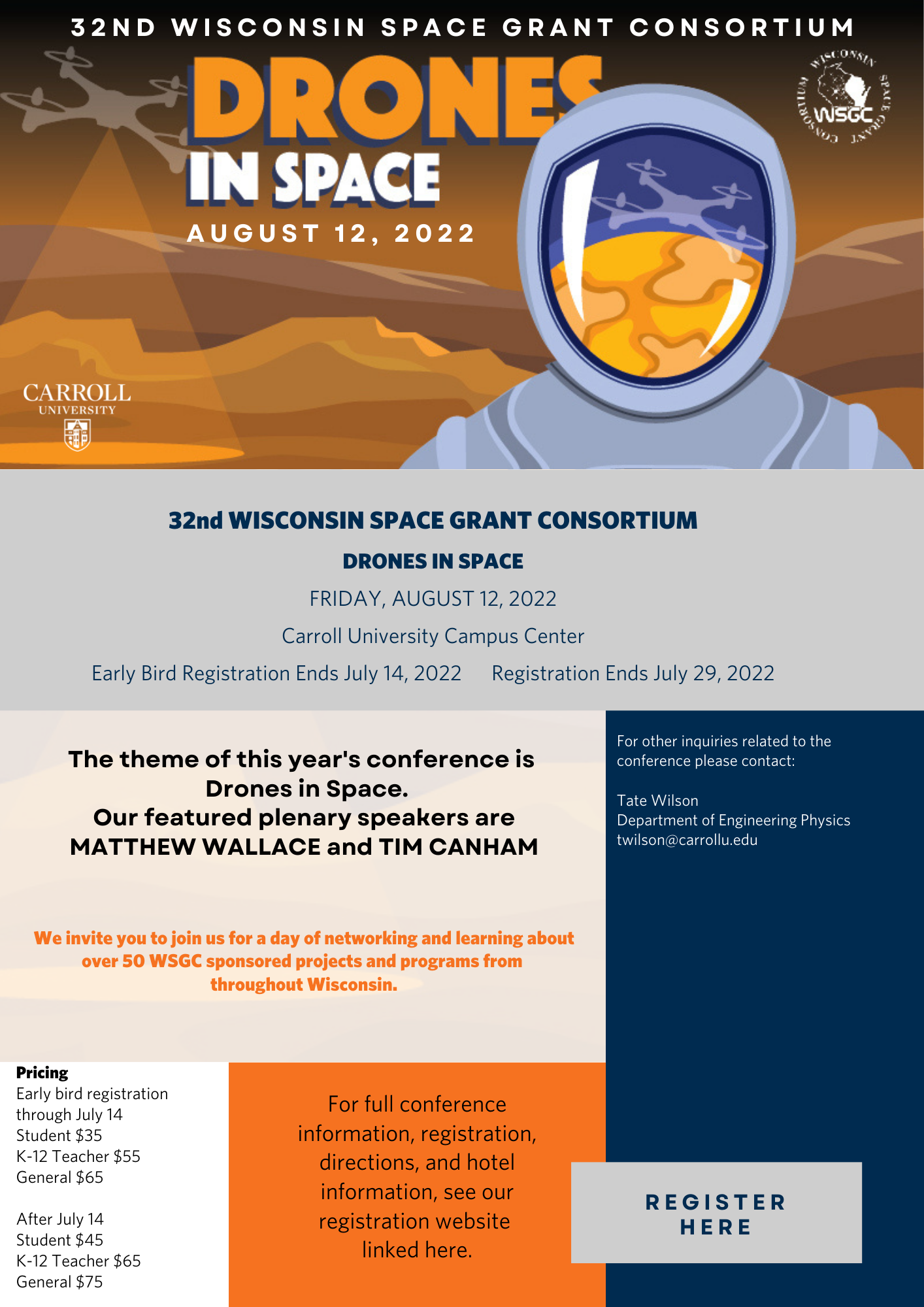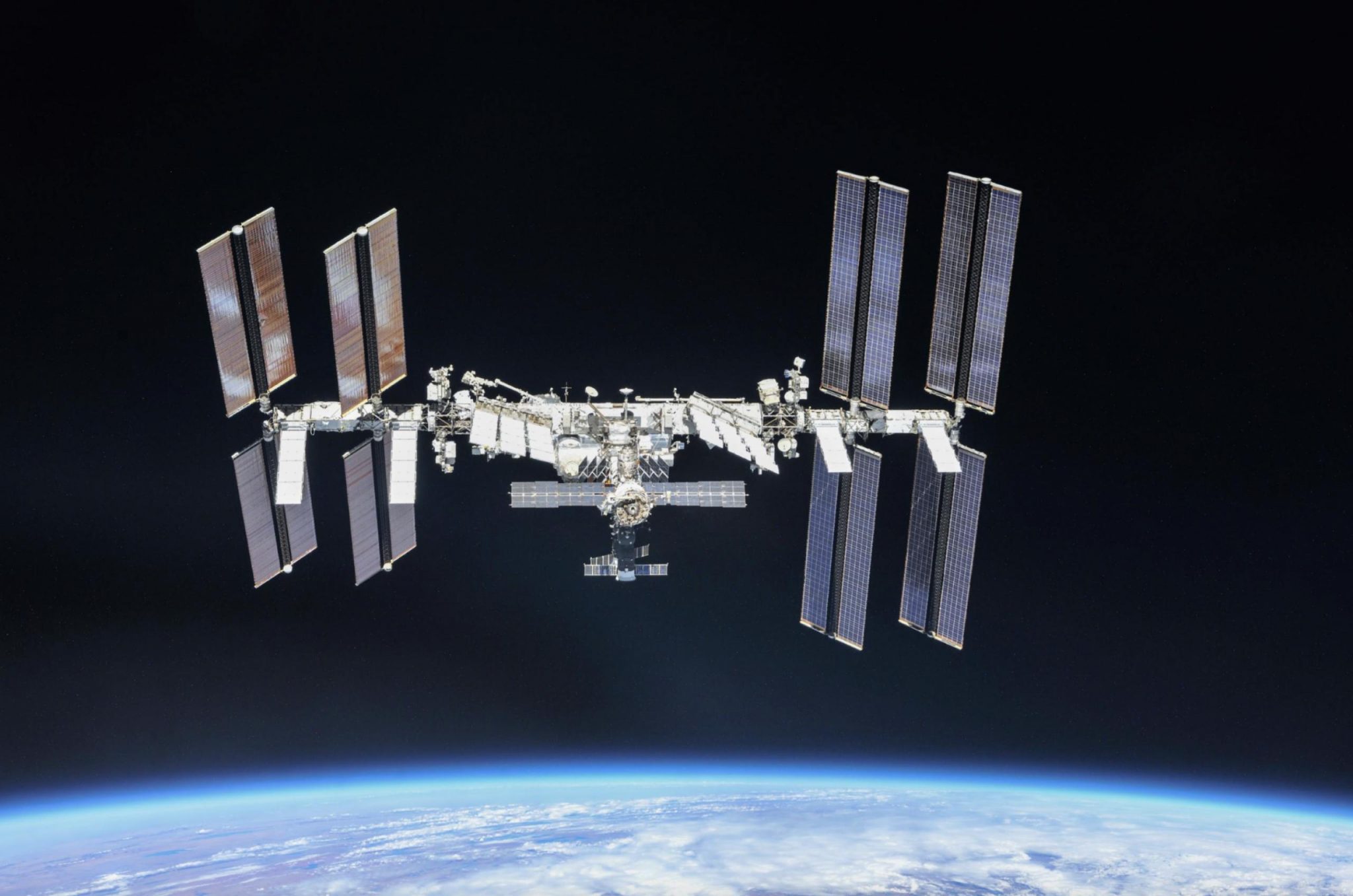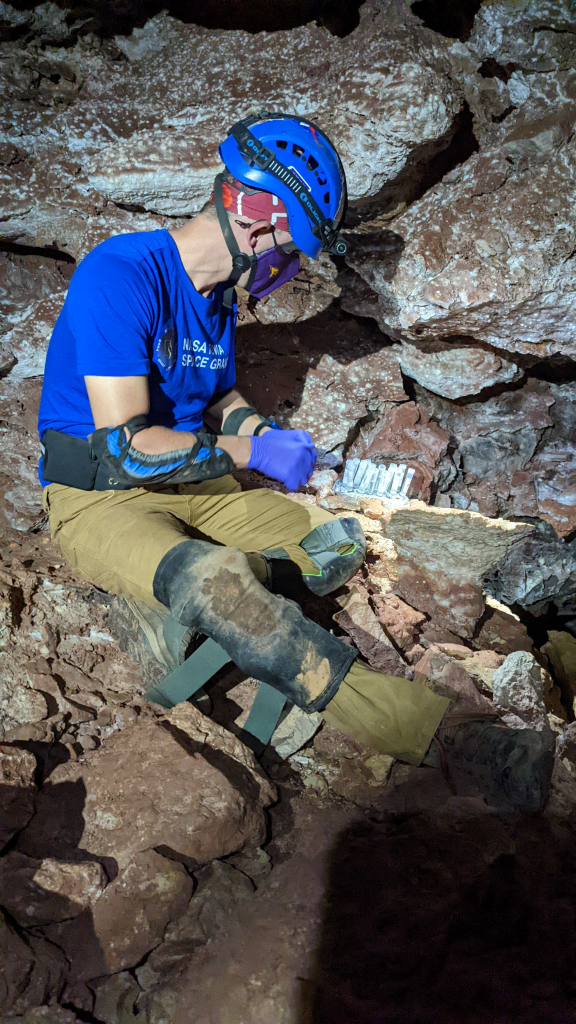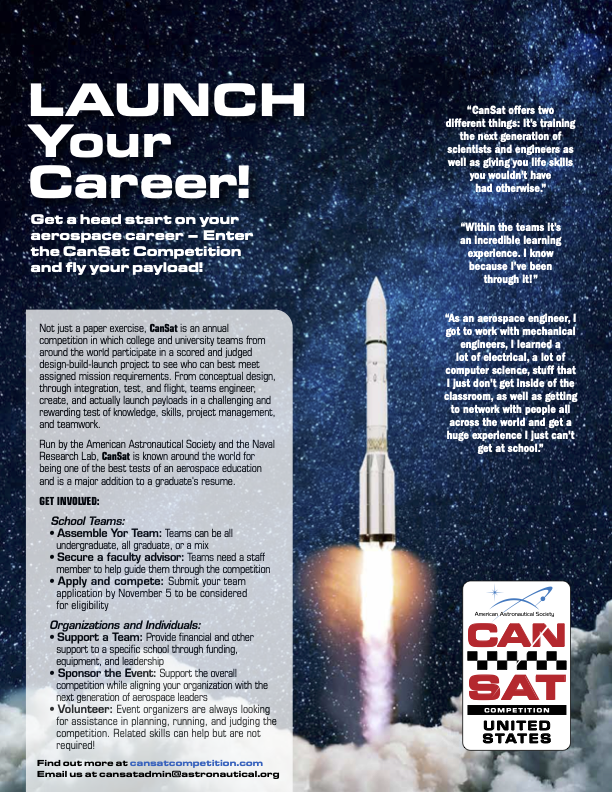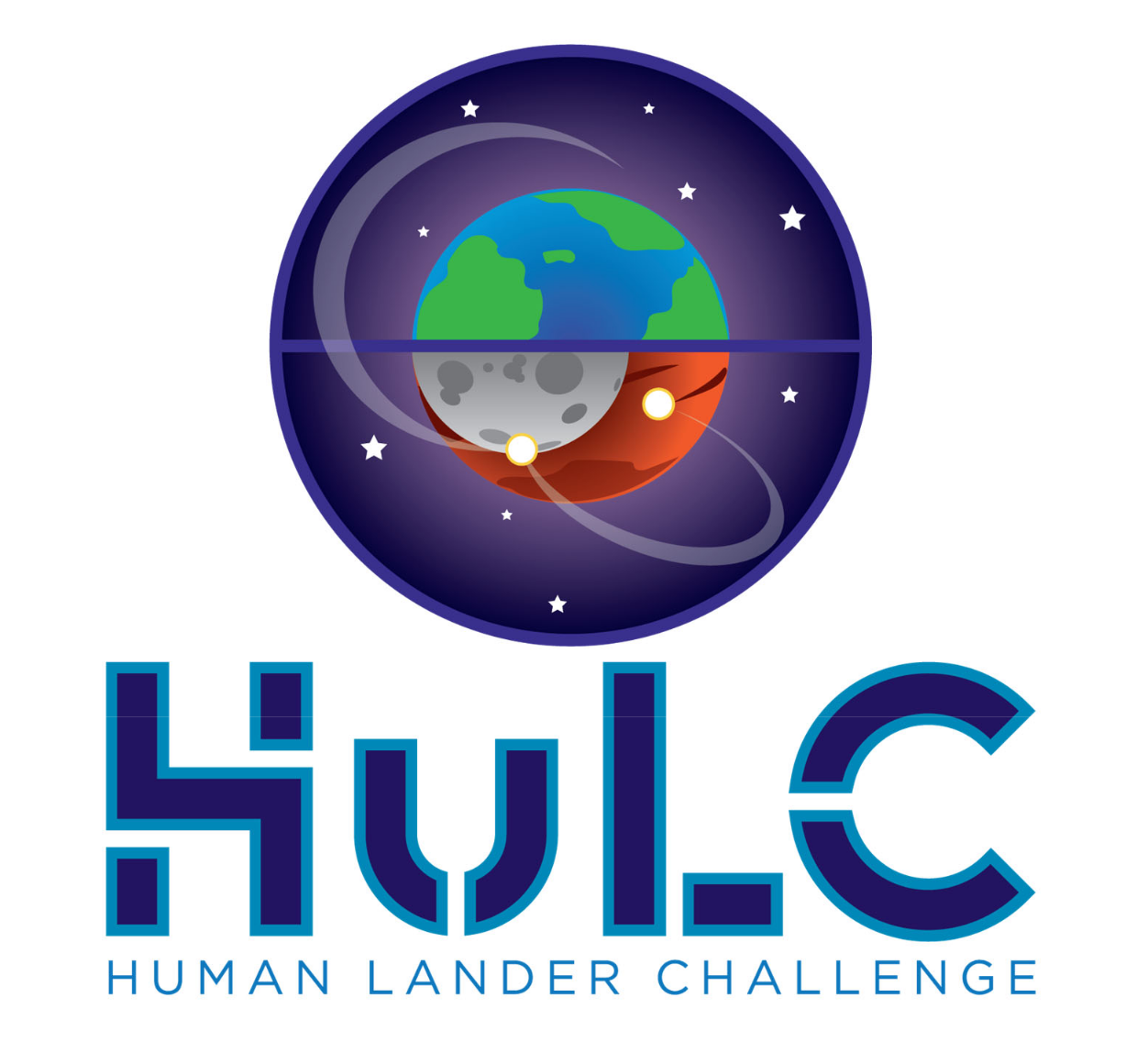32nd Wisconsin Space Grant Consortium “Drones in Space” Conference will take place on Friday, August 12th. Registration closes July 29th. If you are interested in learning more or want to register, please visit HERE
ISGC 2022-2023 Graduate Fellowship Program
NASA Selects 5 Proposals to Provide New insights from Openly Available Data in the Physical Sciences Informatics System
NASA’s Physical Science Research Program has selected five ground-based proposals in response to the Physical Science Informatics System’s call for proposals. These five research projects, involving recognized experts in the fields of combustion science, complex fluids, fluid physics, informatics, and materials science, will use data contained in the PSI system and build on prior reduced-gravity research to advance fundamental research in the physical sciences.
Researchers will investigate important problems with existing data from NASA’s Physical Sciences Informatics (PSI) system.
This research project is managed by the Biological and Physical Sciences Division in NASA”s Science Mission Directorate. This program conducts applied research and will further our return to the Moon and our journey to Mars and beyond.
The ISGC Team is proud to announce that one of our EPSCoR researchers received a new grant from NASA through this research program!
The full text of this announcement, which includes the complete list of the selected proposals, principal investigators and organizations, can be found HERE
Josh Sebree- Fun Story
Josh Sebree, UNI Associate Professor of Astrochemistry and Astrobiology, and frequent visitor and researcher to wind caves shares a fun story regarding a cave trip.
Sebree states “We came up from one of the cave trips today and one of the tour groups from the cave had also just come up. One of the 8-year-olds in the group saw NASA IOWA on my shirt and got super excited to point out to his parents that ‘That’s the Iowa NASA guy! Look! He’s got the shirt!’ Apparently, we are now part of the legend of the cave.”
A fun story. Thank you for sharing, Josh! To learn more about Josh and his accomplishments at UNI, please visit HERE
CanSat Annual Competition
Get a head start on your aerospace career- Enter the CanSat Competition and fly your payload!
Since 2005, the CanSat Competition, organized by the American Astronautical Society (AAS) alongside the U.S. Naval Research Laboratory (NRL) has organized an annual student design-build-launch competition for space related topics. Throughout the years, NRL has been devoted to supporting CanSat in its efforts to further student’s aerospace exploration through the development of aeronautical exploration and STEM education.
If you are interested in participating in the CanSat or are a government agency looking to support the next annual competition, please log onto: www.cansatcompetition.com or contact NRL Corporate Communications at (202)-480-3746 or nrlpao@nrl.navy.mil. The American Astronautical Society (AAS) contact is Jim Way at jimway@astronautical.org
HuLC Challenge for College Students
Announcing NASA’s Human Lander Challenge (HuLC). Awards include $7,000 team stipends and $18,000 in prizes. Interested teams have a full year to prepare and submit proposals. HuLC is open to teams of undergraduate and graduate students at accredited colleges and universities in the United States.
Minority-Serving Institutions (MSIs) are encouraged to apply. Up to 12 teams will be selected to continue developing their proposed concepts. Full challenge guidelines can be found HERE
Important HuLC Dates:
- April 19, 2023: Submit a question in advance of the Q&A session
- April 28, 2023: Q&A Session 1 for interested teams (2-3:30p.m. EST)
- October 22, 2023: Notice of Intent deadline
- November 8, 2023: Q&A Session 2
- March 4, 2024: Proposal and Video Submission
- June 25-27, 2024: HuLC Forum at or near NASA’s Marshall Space Flight Center
